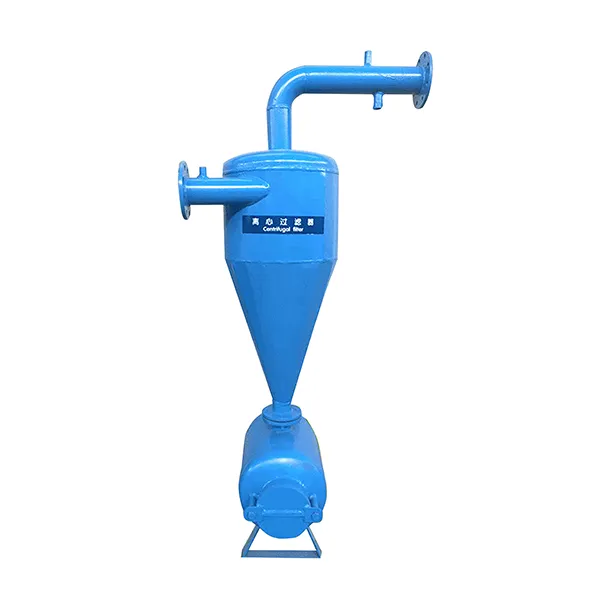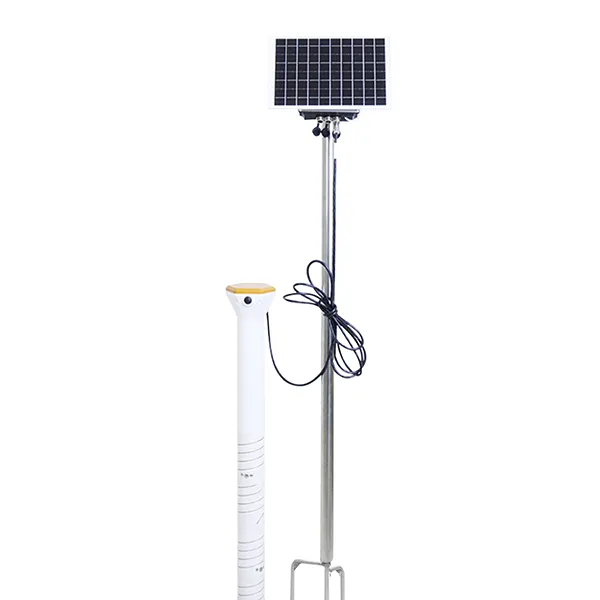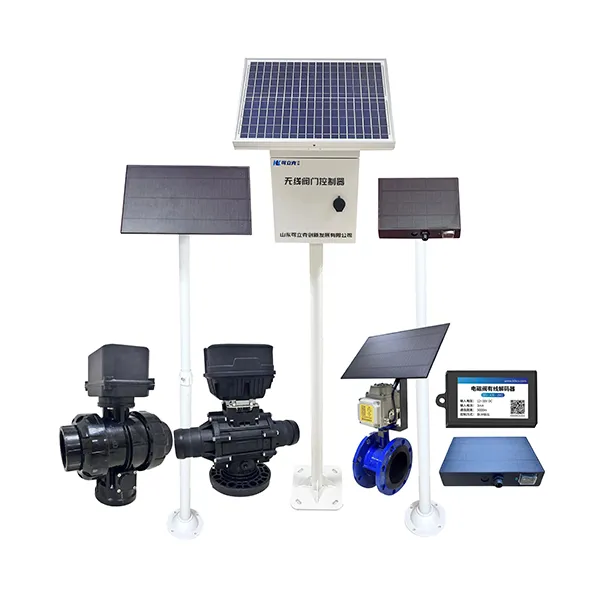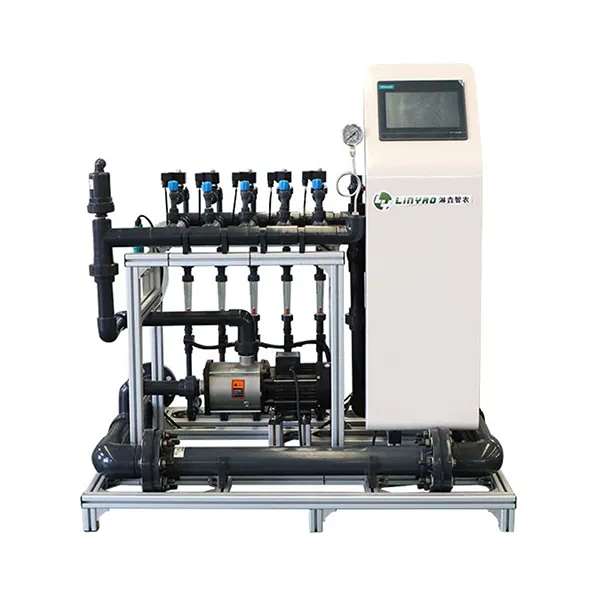
Centrifugal fine oil filter
When you hear aboutcentrifugal fine oil filter, the first thing that comes to mind is something like a magic wand for cleaning. But in fact, many people mistakenly believe that it solves all problems with oil contamination once and for all. In reality, if you do not take into account the type of oil, operating conditions or frequency of maintenance, even the most advanced filter may be useless. I went through this myself when I first encountered such systems on agricultural machinery - I thought, installed and forgot, but in the end I had to deal with blockages and pressure drop.
How does a centrifugal filter work and why is it underestimated?
The operating principle is based on centrifugal force, which separates solid particles from the oil. But here's what many people miss: efficiency is highly dependent on rotor speed. If it falls due to bearing wear or contamination, the entire system is idle. In our projects for smart agricultural parks, for example, we used filters where the rotor had to maintain a minimum of 6000 rpm - otherwise the fine fractions were simply not removed.
Once at a site in Shandong, where we were implementing a filtration system for irrigation pumps, we were faced with the fact that local operators neglected regular cleaning. As a result, the centrifugal filter became clogged with deposits due to hard water, and this led to overheating of the engine. I had to revise the maintenance schedule and train staff - an expensive but useful lesson.
By the way, not all oils behave the same in such filters. Synthetic ones, for example, may require a different approach to setting the speed, and if you make a mistake, the efficiency drops by half. This is not something you can just set and forget - you need to constantly monitor and adapt.
Practical challenges when integrating into agricultural systems
At Shandong Linyao Intelligent Agriculture Technology Co.,Ltd, we often design systems wherecentrifugal fine oil filterIntegrates with water filtration equipment and automatic valves. The problem is that oil and water systems have different pressure and cleanliness requirements, and if this is not taken into account at the design stage, conflicts can occur. For example, on one project in a high-quality agricultural field, we installed a filter without proper calibration, which resulted in fluctuations in the oil flow of the hydraulic systems.
Another point is compatibility with automatic frequency devices. If the filter is not synchronized with them, pressure surges can occur, which shortens the life of the entire equipment. On our website https://www.lyzhihuinongye.ru we describe cases where such integration helped to avoid downtime, but this required additional testing and configuration.
Sometimes, in order to save money, customers ask to use cheaper analogues, but in the long run it turns out to be more expensive due to frequent breakdowns. I remember a project where we made concessions and installed an uncertified filter - six months later we had to completely change the system because it could not cope with the load in the conditions of dusty fields.
Maintenance errors and how to avoid them
Many people think that since the filter is centrifugal, it requires almost no attention. In fact, regular rotor inspection and seal replacement are mandatory. In our systems for intelligent water and fertilizer integration equipment, we recommend inspection every 500 hours of operation, otherwise the risk of sudden failure increases significantly.
One of the common mistakes is using the wrong detergents when cleaning. Chemical agents can damage internal surfaces, as I saw with a filter in a hydraulic structure. There, the operator used an aggressive solvent, and this led to corrosion - the entire assembly had to be replaced.
Also, do not underestimate the role of training personnel. At Shandong Lingyao LLC, we conduct workshops where we explain that even the slightest vibration can signal problems with rotor balancing. If you ignore such little things, over time it results in a major overhaul.
Real cases from projects with smart agricultural parks
In one of the latest projects for the construction of smart agricultural parks, we usedcentrifugal fine oil filterin combination with remote control systems. The task was to ensure uninterrupted operation of irrigation pumps. At first everything went smoothly, but after a few months problems began due to the ingress of abrasive particles from the soil. I had to modify the filter by installing additional pre-cleaning.
Another example: in a system for high-quality agricultural fields, where we integrated filters with frequency automatic equipment, we were faced with the fact that the electronics did not always respond correctly to changes in oil viscosity. We solved this by calibrating the sensors and introducing more flexible algorithms - now this is described in our cases at https://www.lyzhihuinongye.ru, but then it was a real challenge.
Sometimes a simple tip helps - do not overload the system. In one case, the client wanted to use a filter for oil with a high moisture content, which was contrary to its design. As a result, we proposed an alternative with additional separators, and it worked, although initially it seemed redundant.
Perspectives and personal observations
Nowadays there is more and more talk about smart agriculture, andcentrifugal fine oil filterbecomes part of these systems. But, in my experience, the key is not in the technology itself, but in how to adapt it to specific conditions. At Shandong Lingyao LLC, we pay a lot of attention to customization, because there are almost no universal solutions.
For example, in projects with remote valve control, filters must be compatible with IoT devices, and this requires additional stability testing. I have seen how small flaws in the firmware led to false positives, and I had to go back to the drawings.
Overall, to sum it up, centrifugal filters are a powerful tool, but they require a deep understanding of the mechanics and operating conditions. You shouldn't chase new products without assessing real needs, as sometimes happens in the pursuit of 'intellectuality'. The main thing is the balance between innovation and reliability, which is what we try to maintain in our projects.
Correspondingproducts
Related Products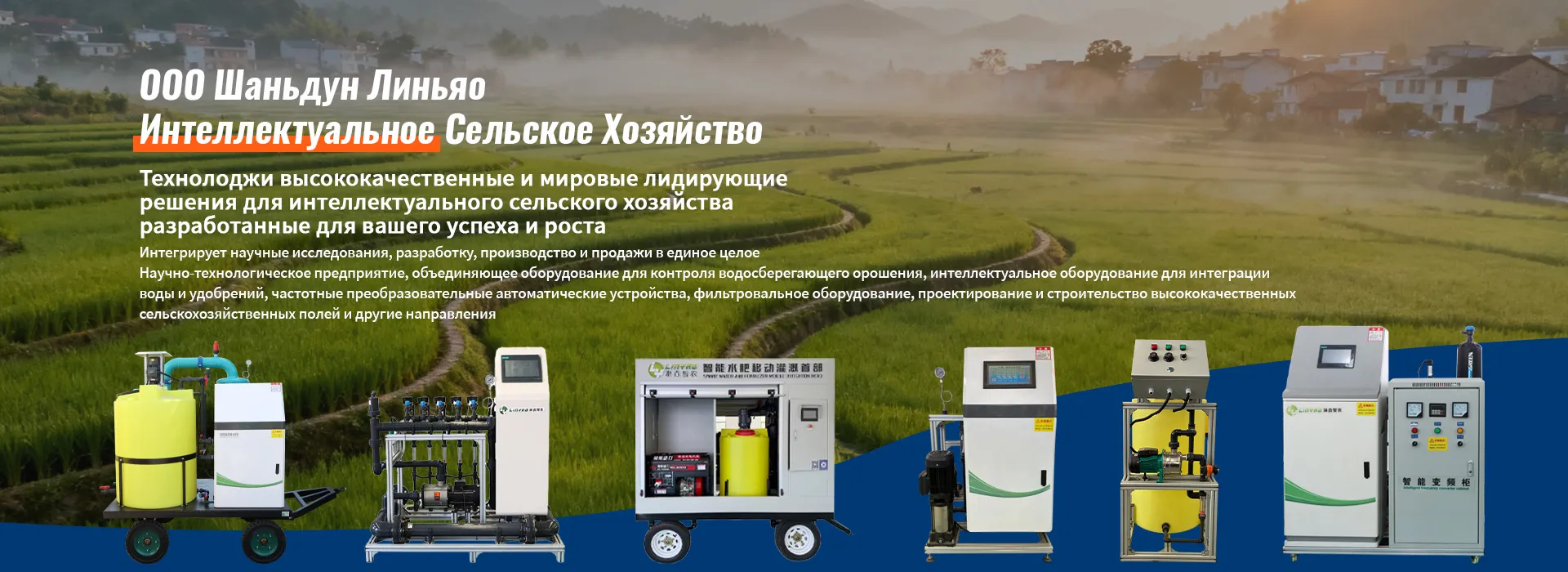
Best Sellingproducts
Best Selling Products-
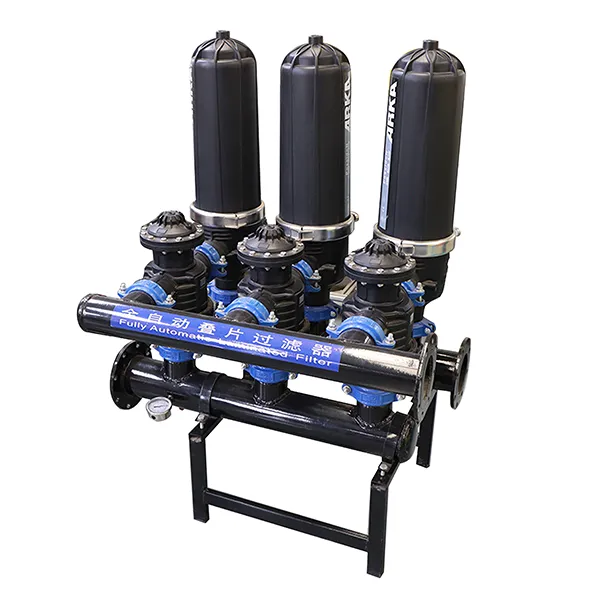 Disc filter with automatic flushing
Disc filter with automatic flushing -
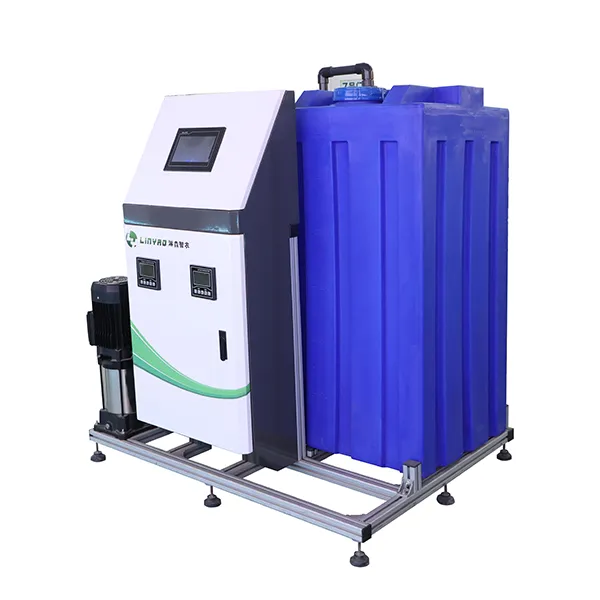 Fertilizer pre-mix fertilizer machine
Fertilizer pre-mix fertilizer machine -
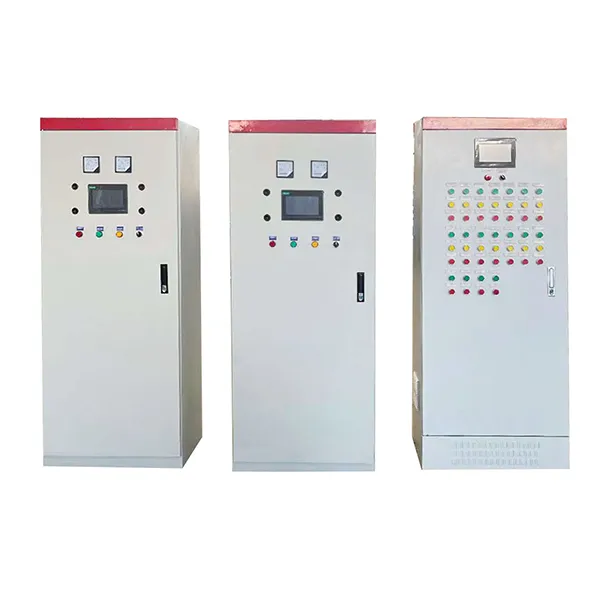 IoT-based greenhouse control cabinet
IoT-based greenhouse control cabinet -
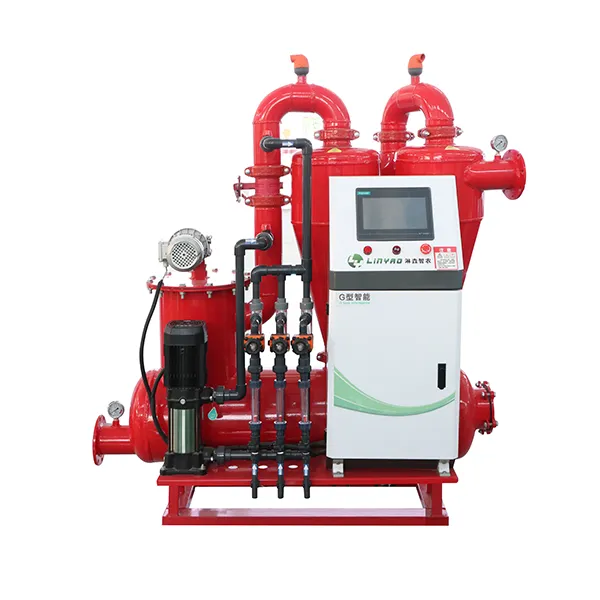 Automated Dual Function Water Fertilizer Filtration Machine
Automated Dual Function Water Fertilizer Filtration Machine -
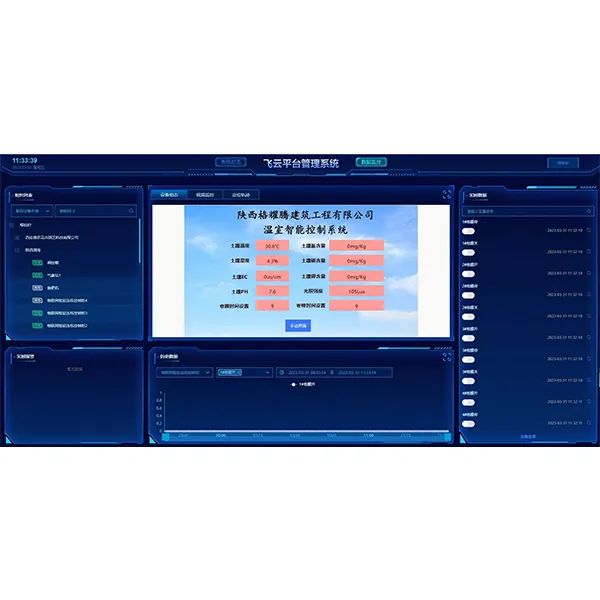 Cloud platform for smart agriculture
Cloud platform for smart agriculture -
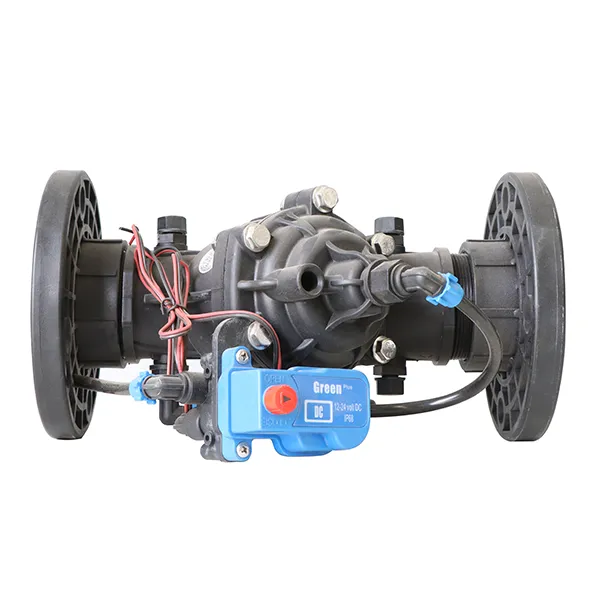 Solenoid valve
Solenoid valve -
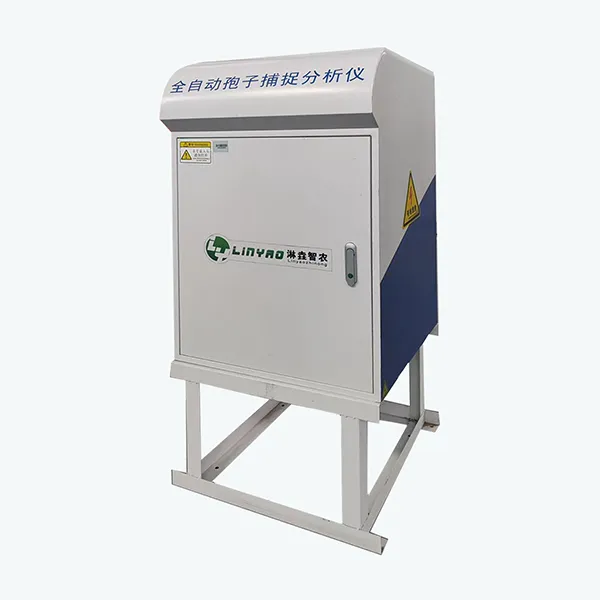 Fully automatic spore analyzer for agriculture
Fully automatic spore analyzer for agriculture -
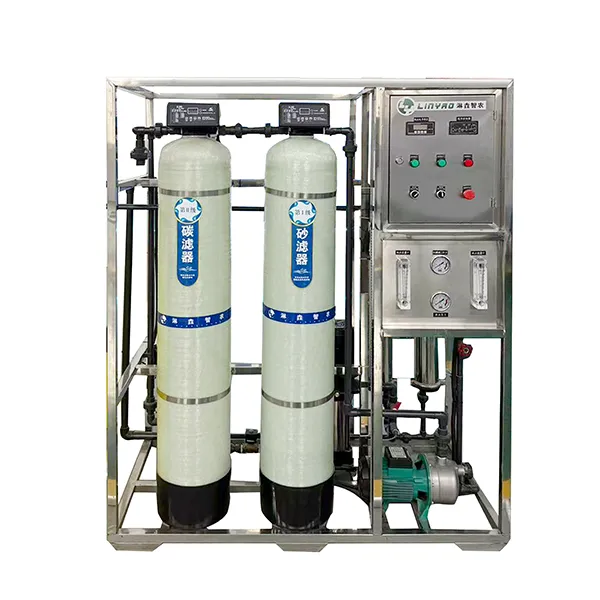 ABC Single Stage Reverse Osmosis Water Purification System
ABC Single Stage Reverse Osmosis Water Purification System -
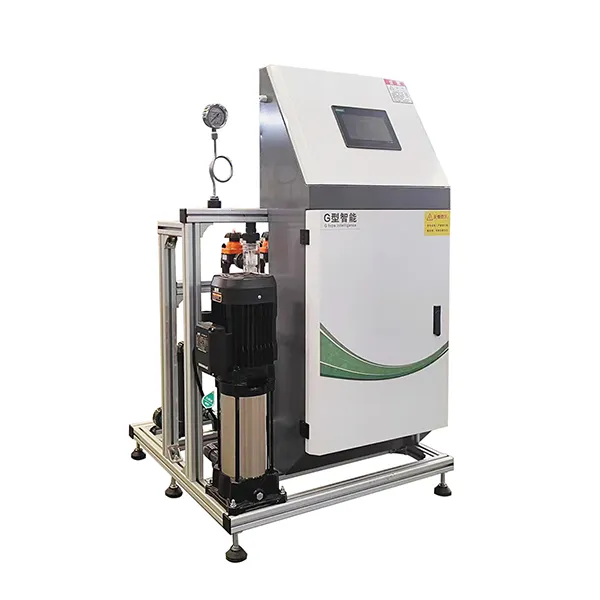 Three-channel intelligent water and fertilizer integration apparatus with 7-inch screen
Three-channel intelligent water and fertilizer integration apparatus with 7-inch screen -
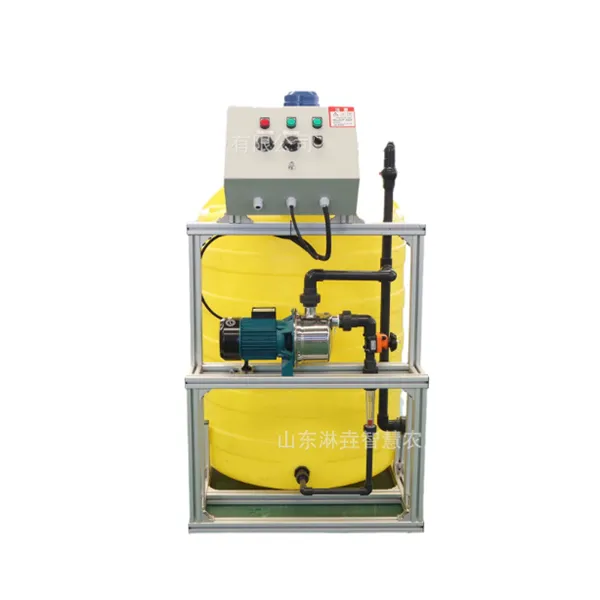 Simple manual single-channel water and fertilizer integration apparatus
Simple manual single-channel water and fertilizer integration apparatus -
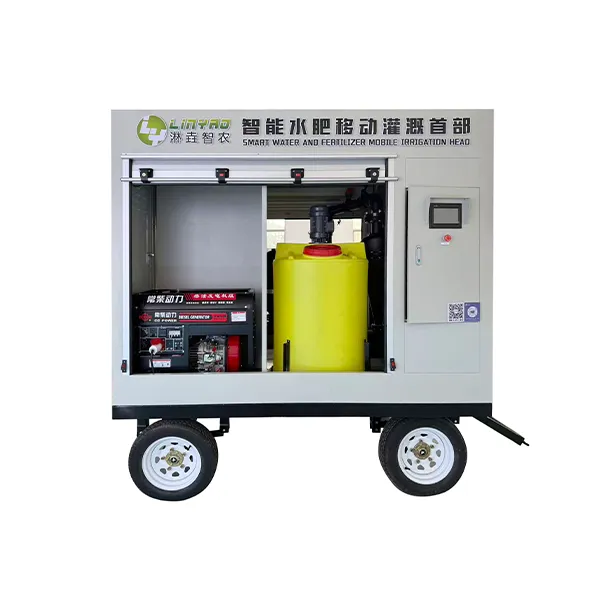 Intelligent mobile head for irrigation and fertilization
Intelligent mobile head for irrigation and fertilization -
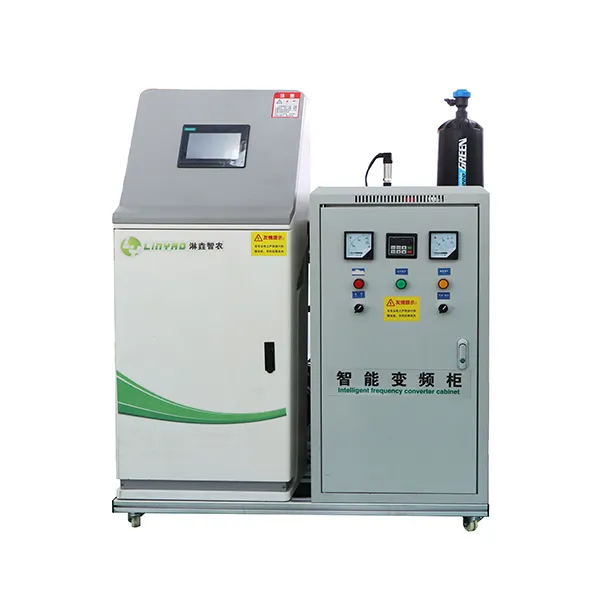 Main Fertilizer Irrigation Plant
Main Fertilizer Irrigation Plant
Relatedsearch
Related Search- Electric valve damper main buyer country
- Creation of a land irrigation system manufacturers
- Mobile pumping stations SNP manufacturers
- Gate valves manufacturer
- Three way valves
- Field cultivation by producers
- Ball valve full bore PP+fiberglass dn65 internal thread inlet, outlet for water hose manufacturers
- Solenoid valve 2.5 inch ac24v suppliers
- Solenoid valve 2 inch ac24v suppliers
- Full bore ball valve DN 100 manufacturer


